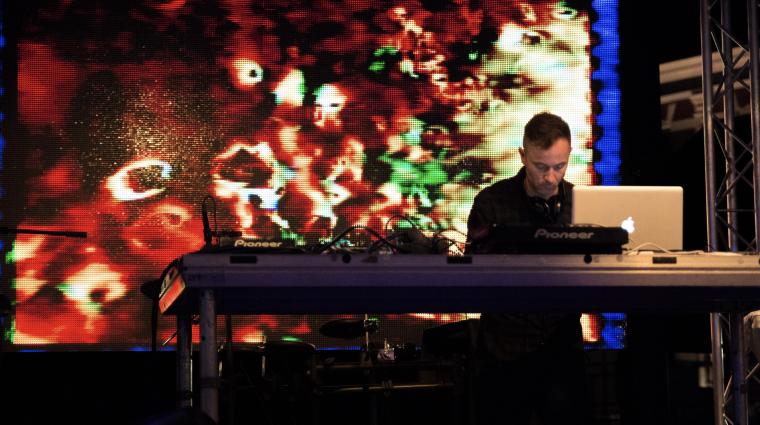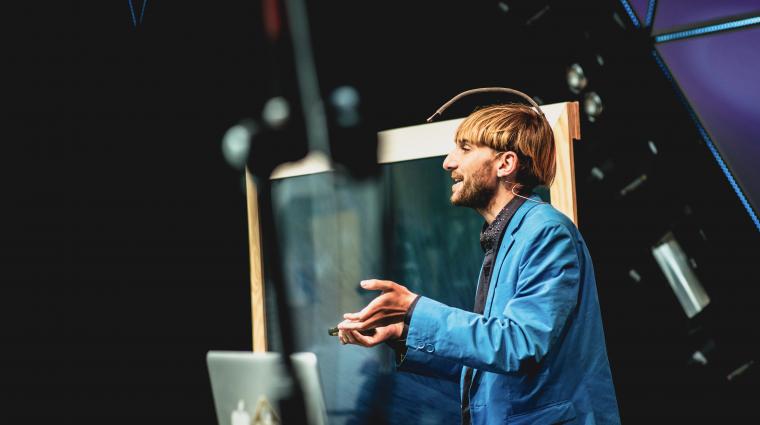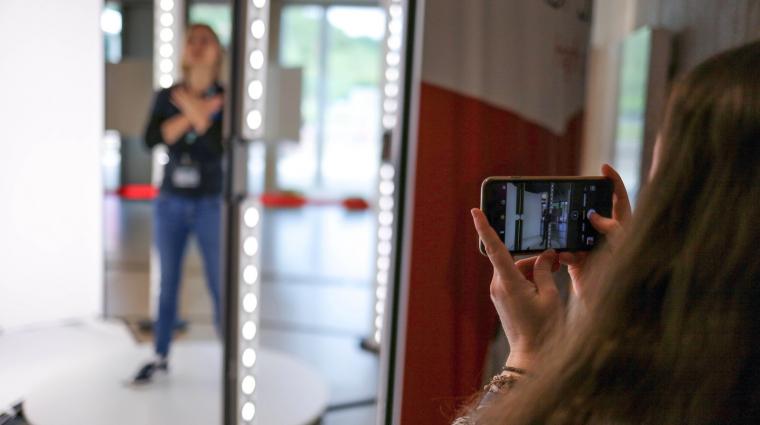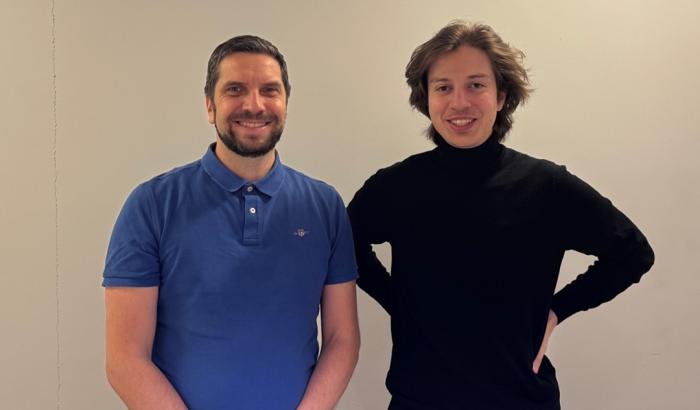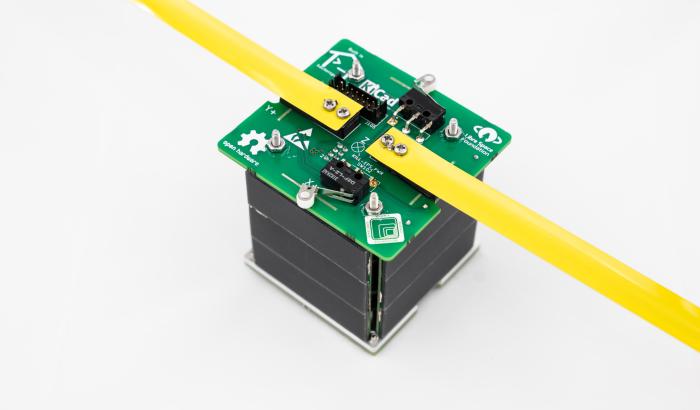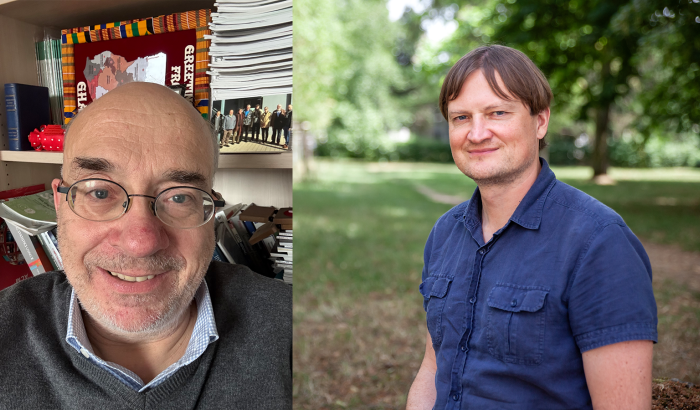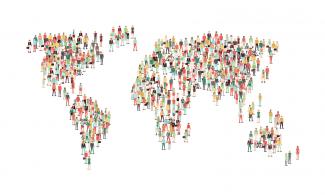
(C) bigstock
The crowd can be asked to design a new product. To do so, multiple people from a distance must combine their ideas and bring in their specialist skills.
Computer Scientist Ioanna Lykourentzou takes crowdsourcing work to a new level – by exploiting hitherto unused skills of the crowd.
Dr. Lykourentzou, you are researching crowdsourcing: Many people working together on a common task. But you are going a step further.
That’s right. So far, crowdsourcing platforms mostly use the very basic skills of their contributors, who are often asked for repetitive and boring work: for instance, to translate short sentences of a larger text, which is then put together automatically to get the translation of a long text back within minutes. Essentially people perform the same micro-task over and over again. But the crowd can do much more.
What would that be?
My research, especially in the FNR INTER Mobility project, was on finding ways to use the crowd’s creativity – assisted by technology and algorithms.
Can you give an example for what the crowd can do?
For example, the crowd can be asked to design a new product. To do so, multiple people from a distance must combine their ideas and bring in their specialist skills. This means much more meaningful and also valuable work.
But the skills of the workers and their interests must be very different...
That’s at the core of my research. Personalizing the task assignments and enabling people across the globe to collaborate with people that they enjoy working with, in virtual teams that are highly efficient. In this way, we are shifting from a replaceable mass to personalized crowds – expert crowdsourcing.
How do you do match the teams?
We first asked them to do a personality test. We then used an algorithm that matches people based on their personality compatibility before they enter a virtual team. Another way of matching was based on the assumption that people can judge who they can work with most fruitfully, very fast. This extends what in psychology is called “thin-slicing”: people can accurately evaluate others after interacting with them for only a few seconds. In our chat room, we gave them three minutes to get to know each other.
Did it work?
Yes, the groupings were very successful. As soon as people were placed together, they had to co-create an advertisement for a new coffee product. They came up with very, very creative advertisements, as judged by professional advertisers. The algorithms really helped make better teams. Our studies are among the first to show that people in a digital crowd have imagination, creativity and innovation capacity, especially, when they collaborate. So we can indeed make virtual ad-hoc teams that are efficient and that people enjoy working in. The next step is to examine whether the same crowd team formation principles could be extrapolated to other settings; for example in corporate environments to hire entire teams or integrate new team members based not only on expertise but also on personality compatibility and interpersonal dynamics.
Wouldn’t people be concerned about privacy issues, when being “profiled”?
In our experiments, privacy aspects are of course respected. At a larger scale, your concern is very valid. I would add that there are further ethical aspects to be considered. There is currently a lot of discussion on whether crowd workers should be considered as contractors or employees. We think that crowd-workers should be paid fairly, for instance not below the minimum wage of the country in which they work. With these considerations, expert crowdsourcing can establish fairer work conditions and motivate people to participate in meaningful digital work.
Could you give a prognosis, how the future of crowd work will be in say 20 years?
Especially in the US, it is becoming one of the main sources of income for many adults. Technology watch studies indicate that by 2018, 75% of the worlds’ high performing enterprises will be using crowdsourcing. By 2027, nearly one in three American adults are expected to transition to online platforms to support themselves with on demand crowdsourced work. Crowdsourcing is a billion dollar industry, yet still enormously growing. People are asking for more flexibility in their work. By adapting crowdsourcing techniques and algorithms to human elements like interests, skills and motivation, our research produces a win-win situation, improving the quality of the crowd’s work and its long-term commitment.
Author: Tim Haarmann
Photo: bigstock
Infobox
Dr. Ioanna Lykourentzou (ioanna.lykourentzou@list.lu) is a senior researcher at the Luxembourg Institute of Science and Technology (LIST), with a PhD in applied machine learning from the National Technical University of Athens. Her research focuses on social and crowd computing, computer-supported cooperative work, online communities and smart venues. For the FNR INTER Mobility project, she collaborated with the Human-Computer Interaction Institute of Carnegie Mellon University to research creativity, collaboration and coordination in crowd work settings.

